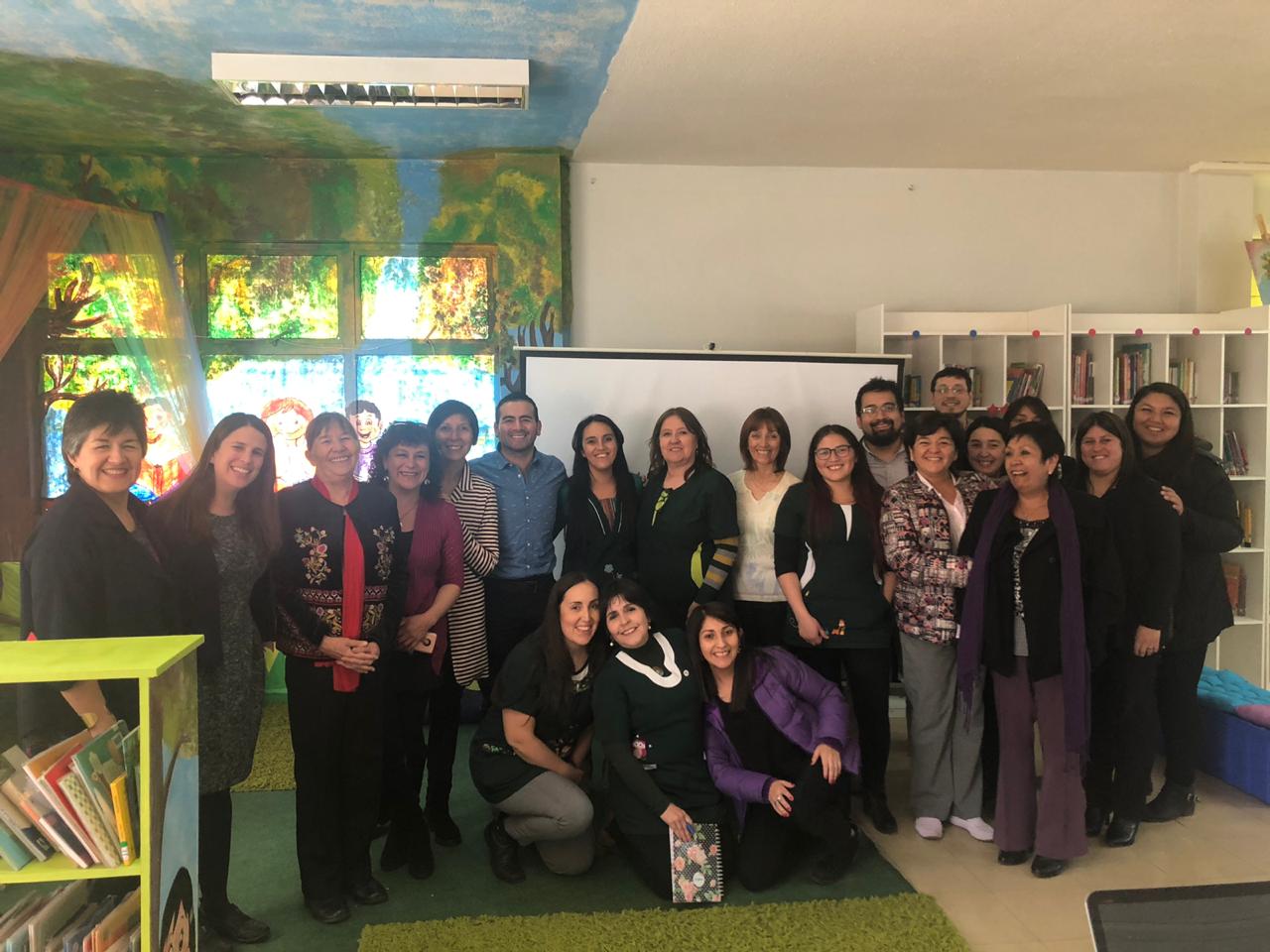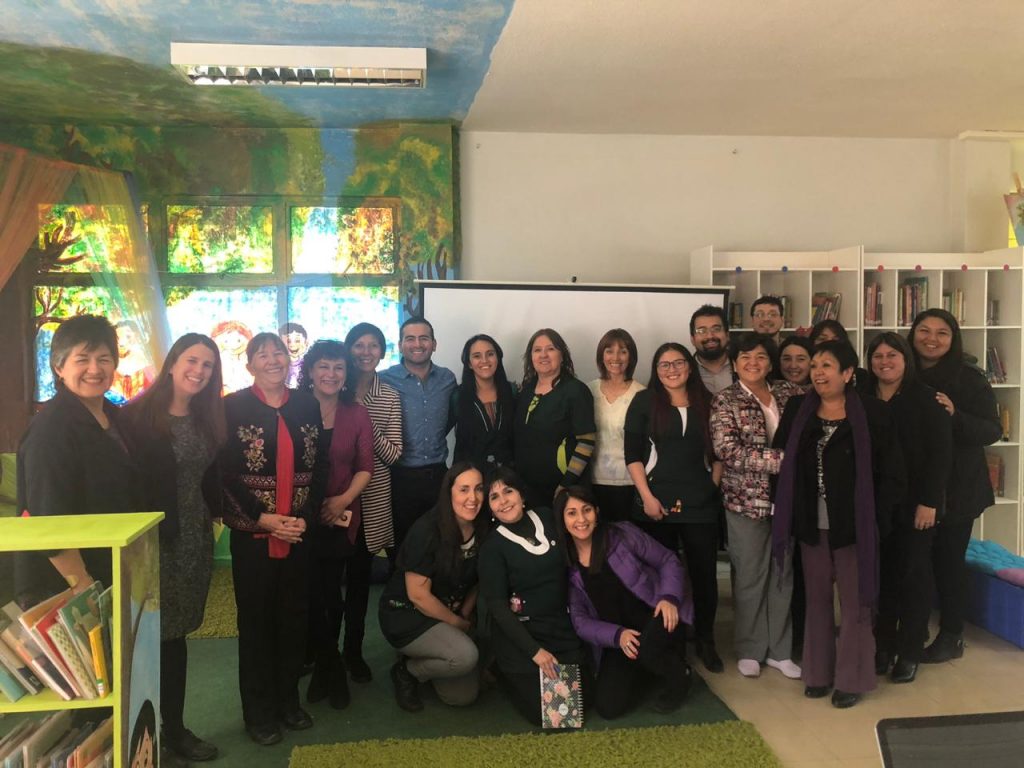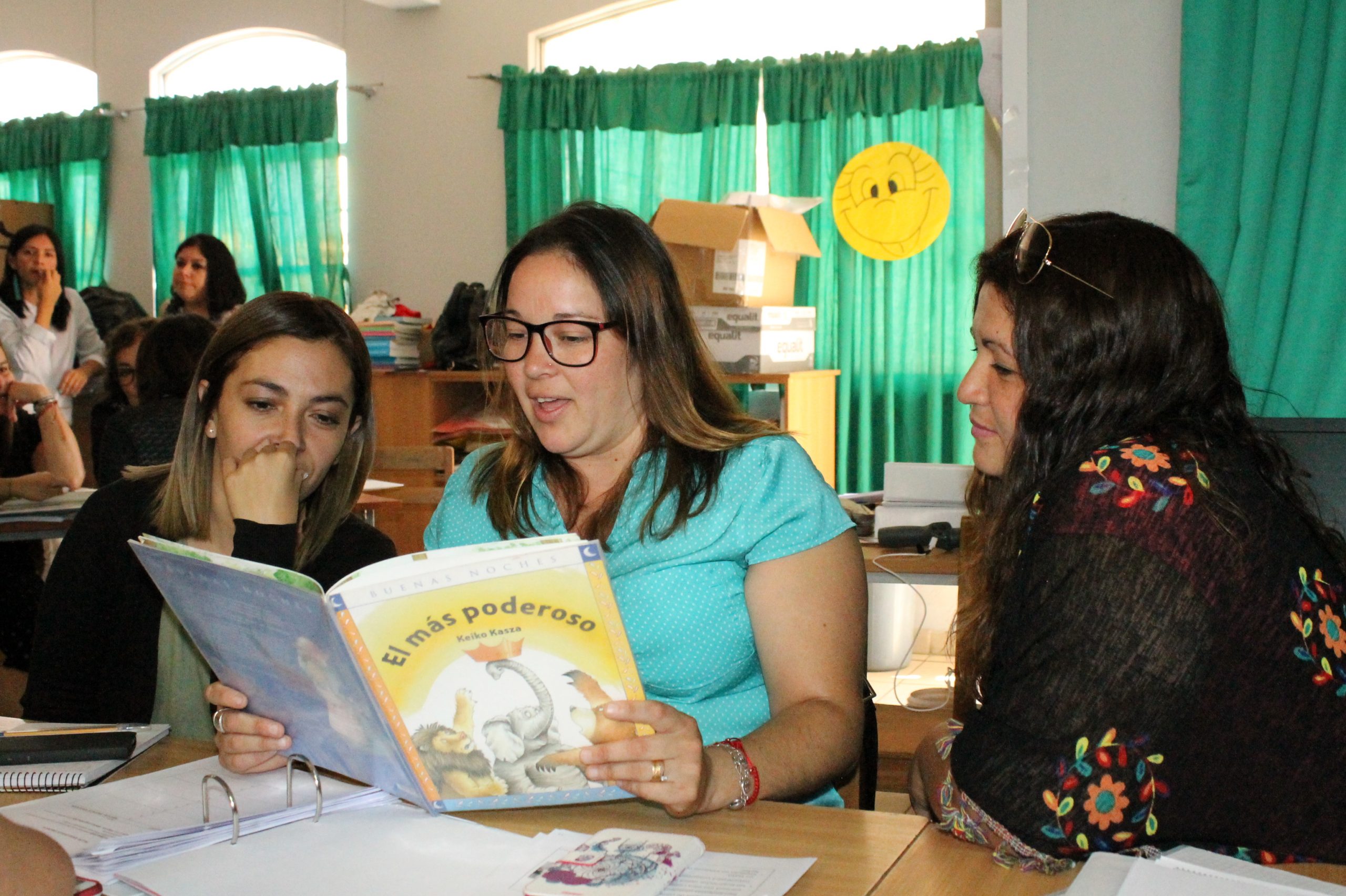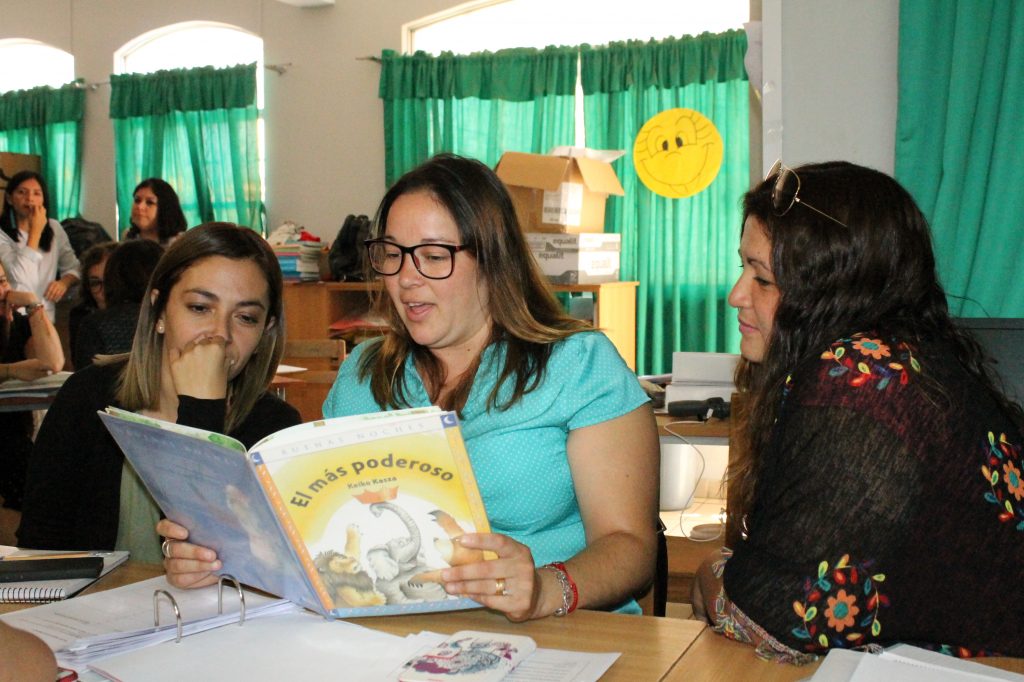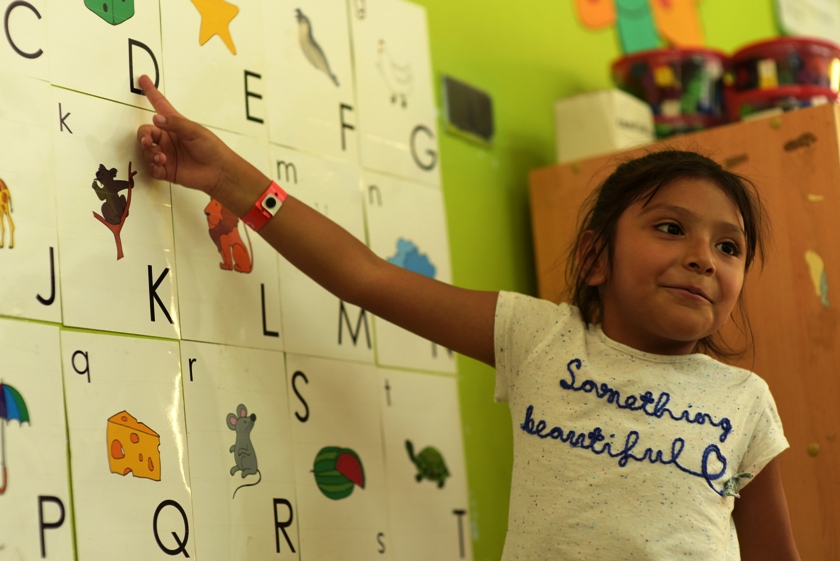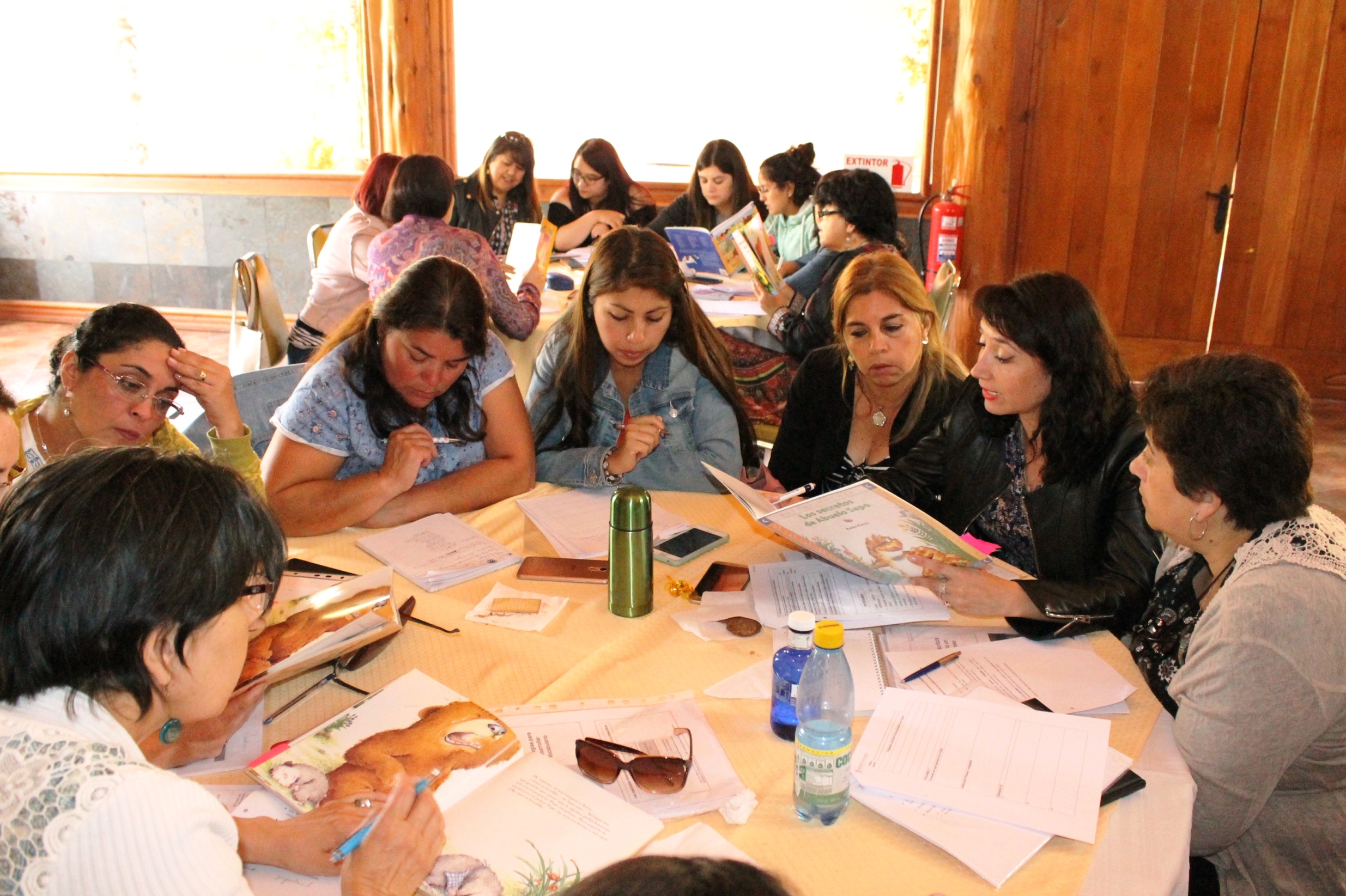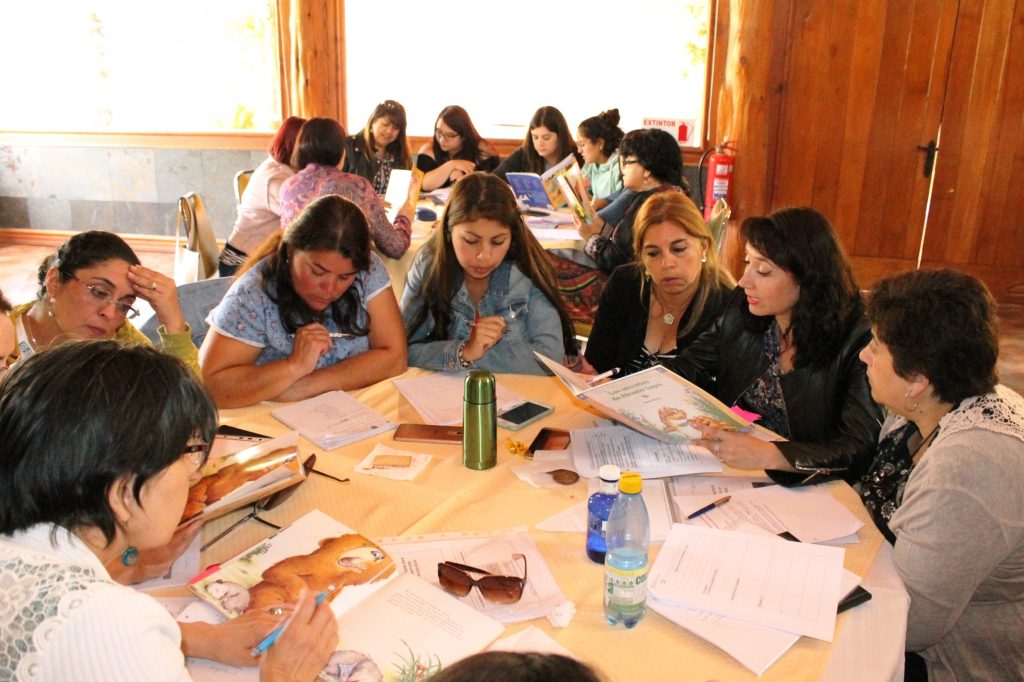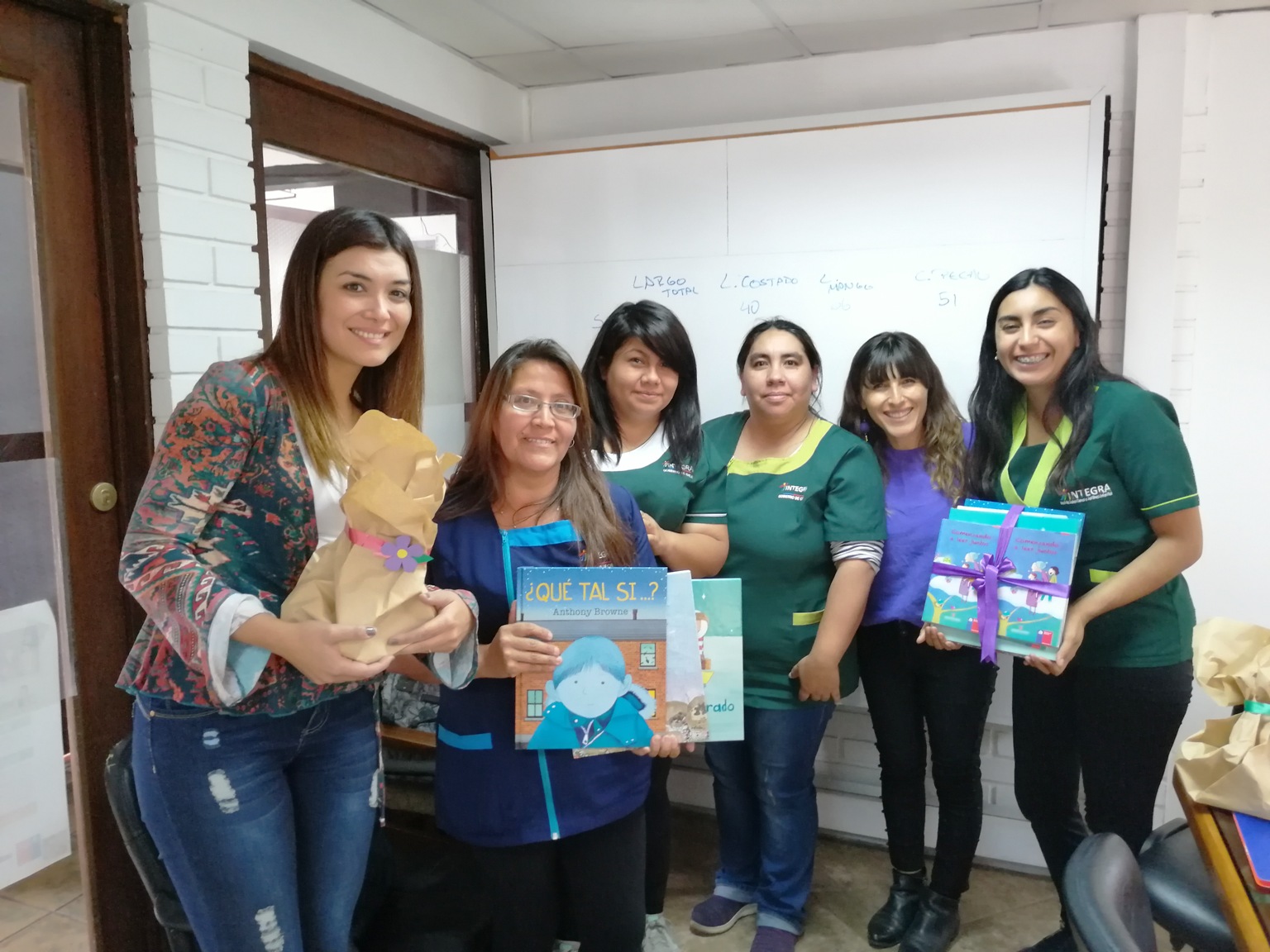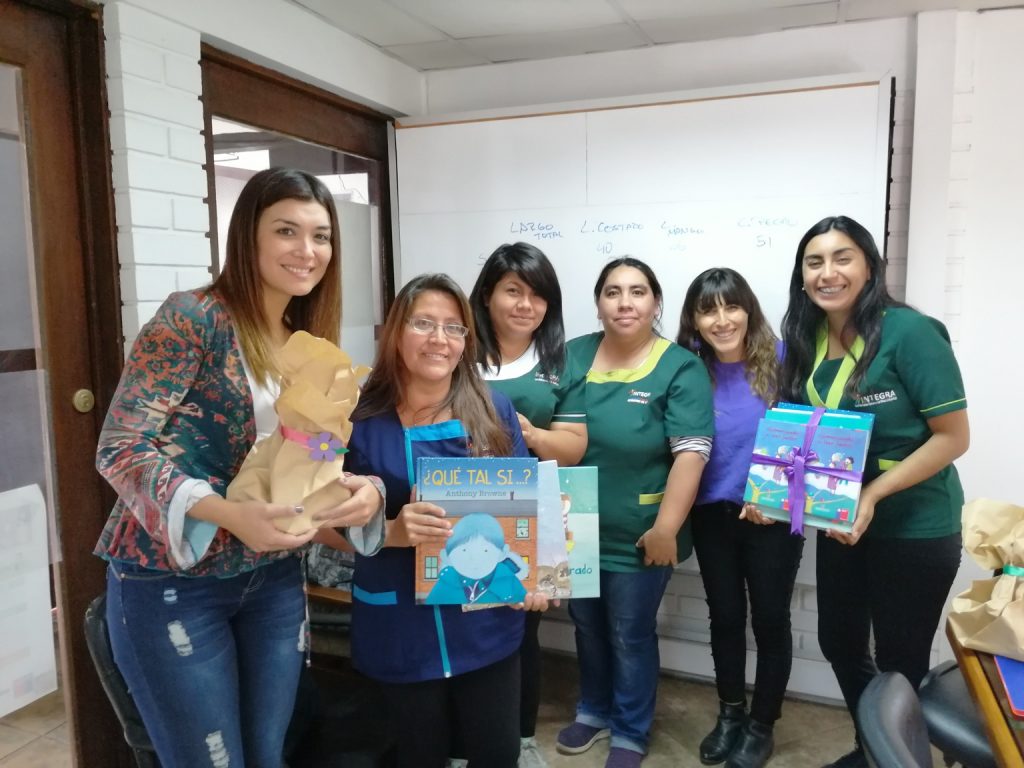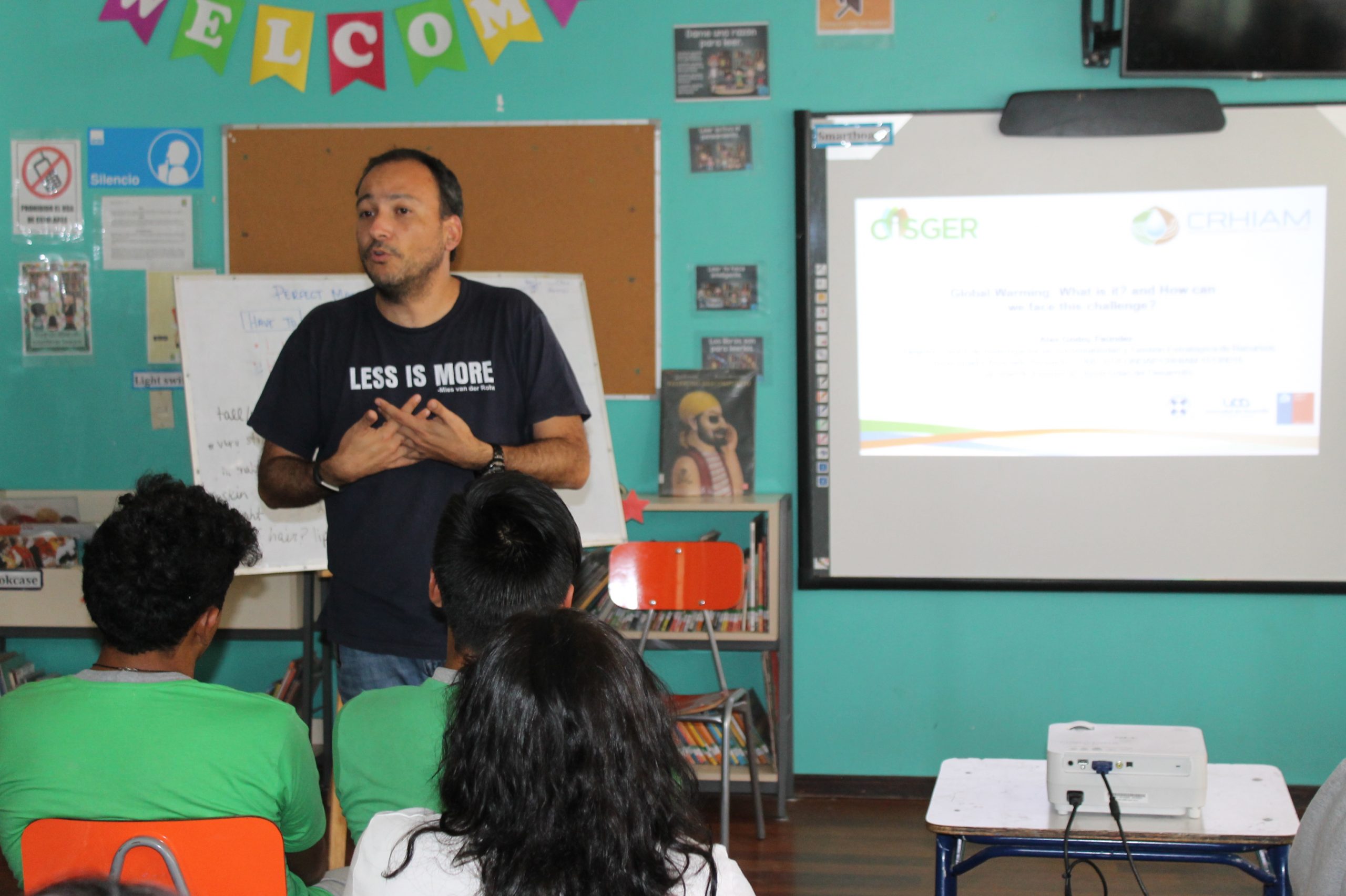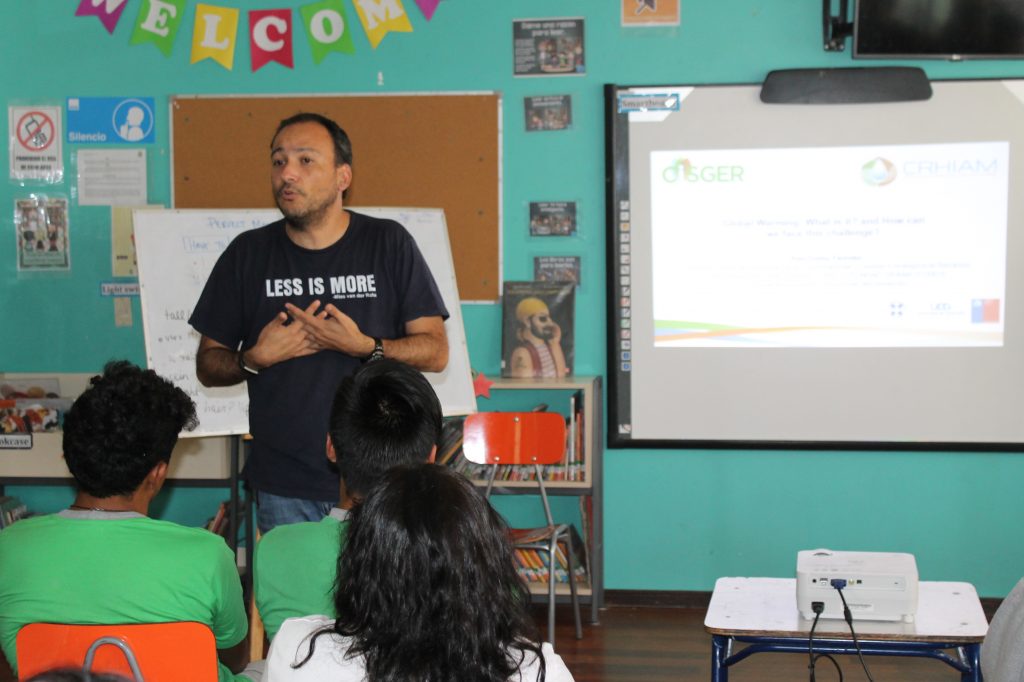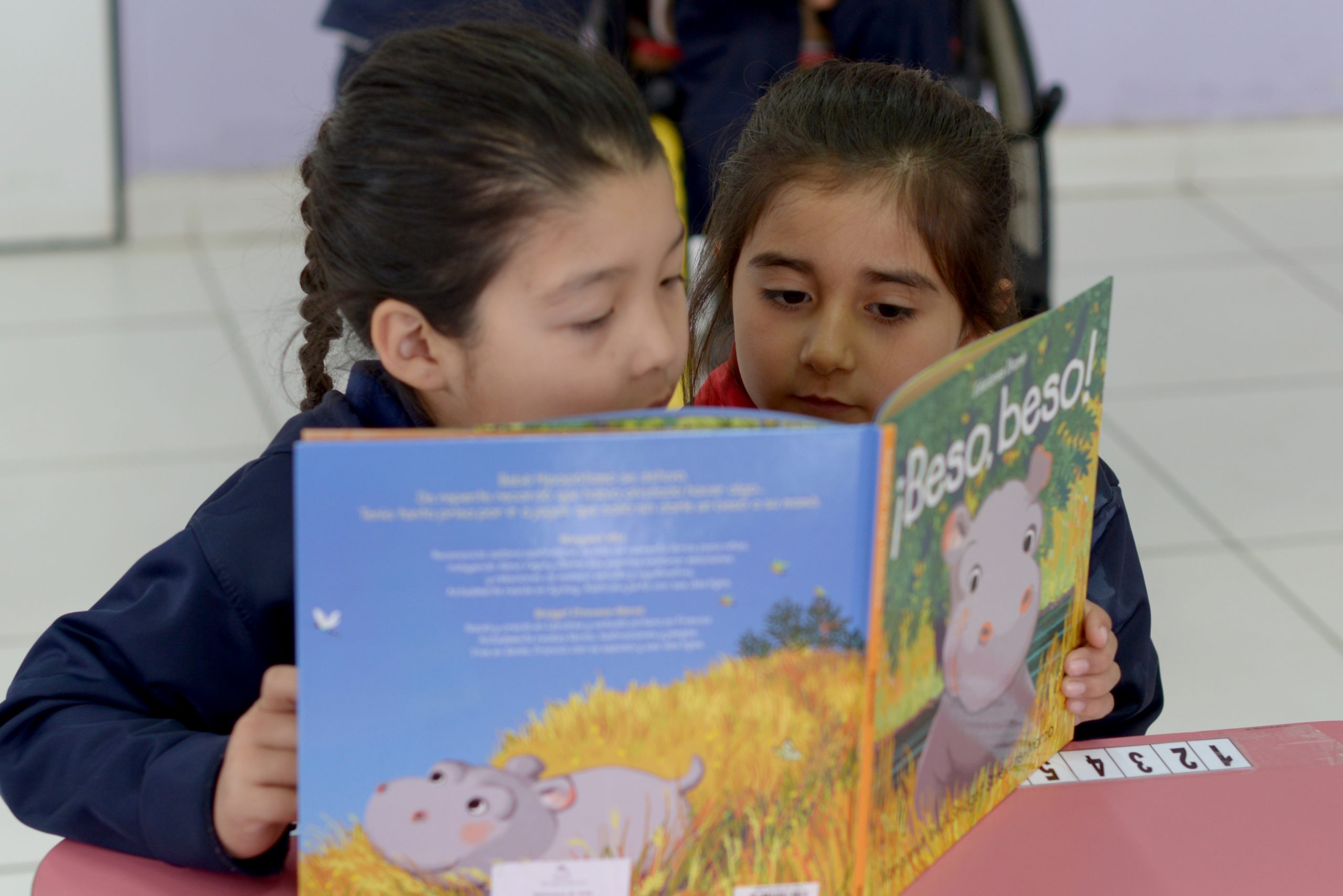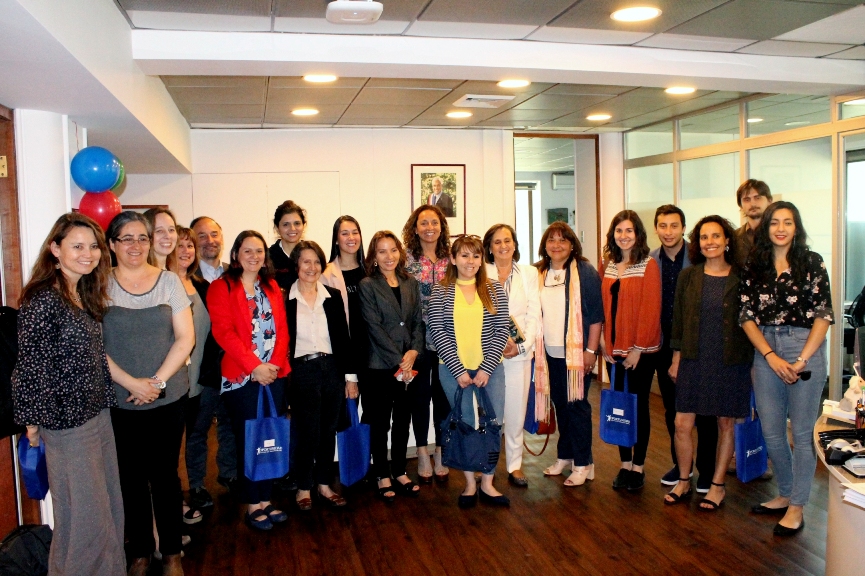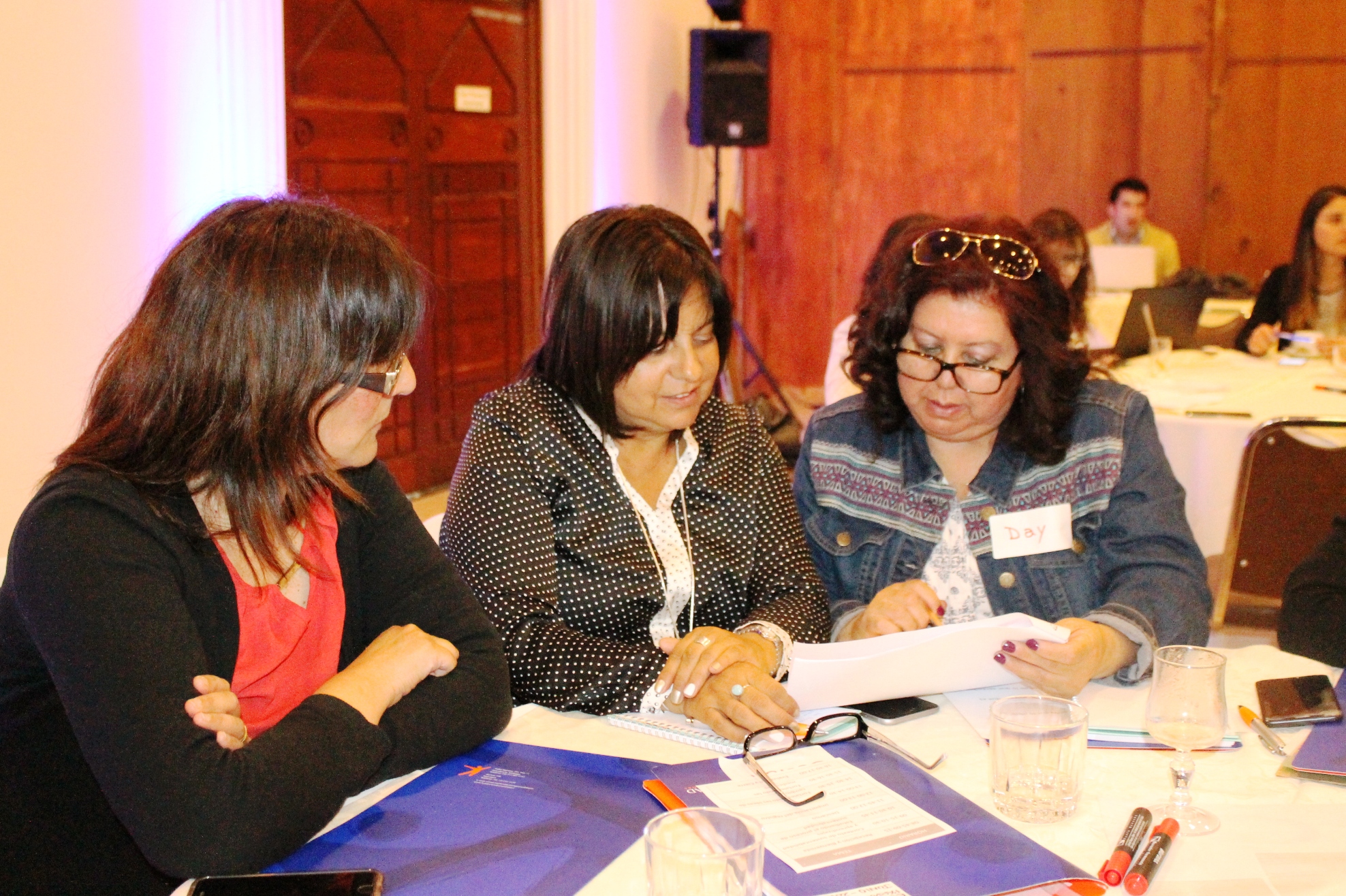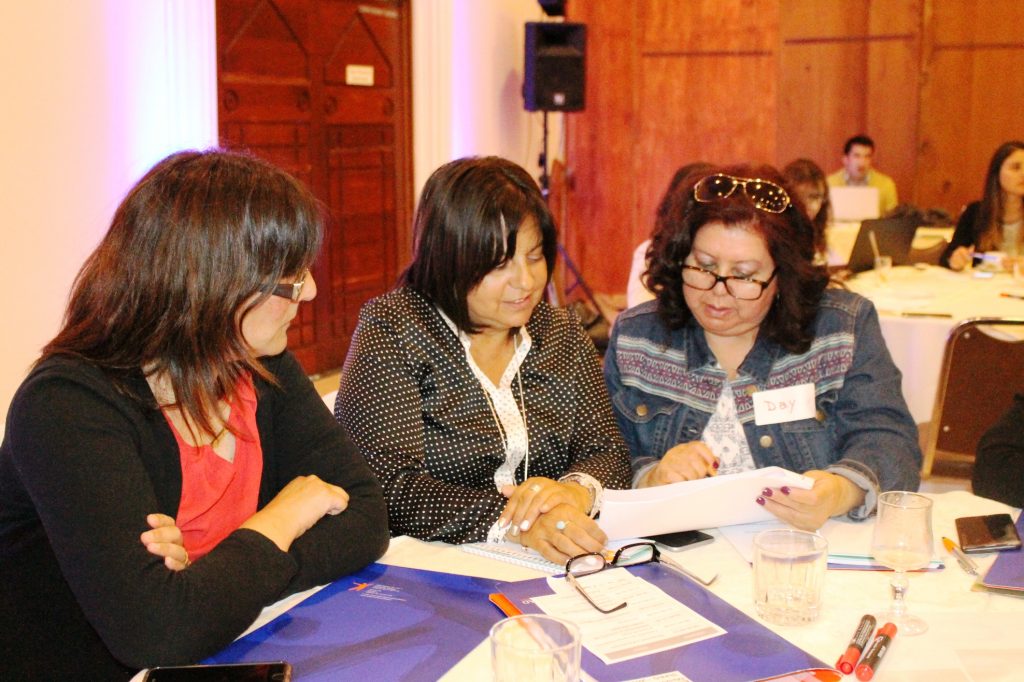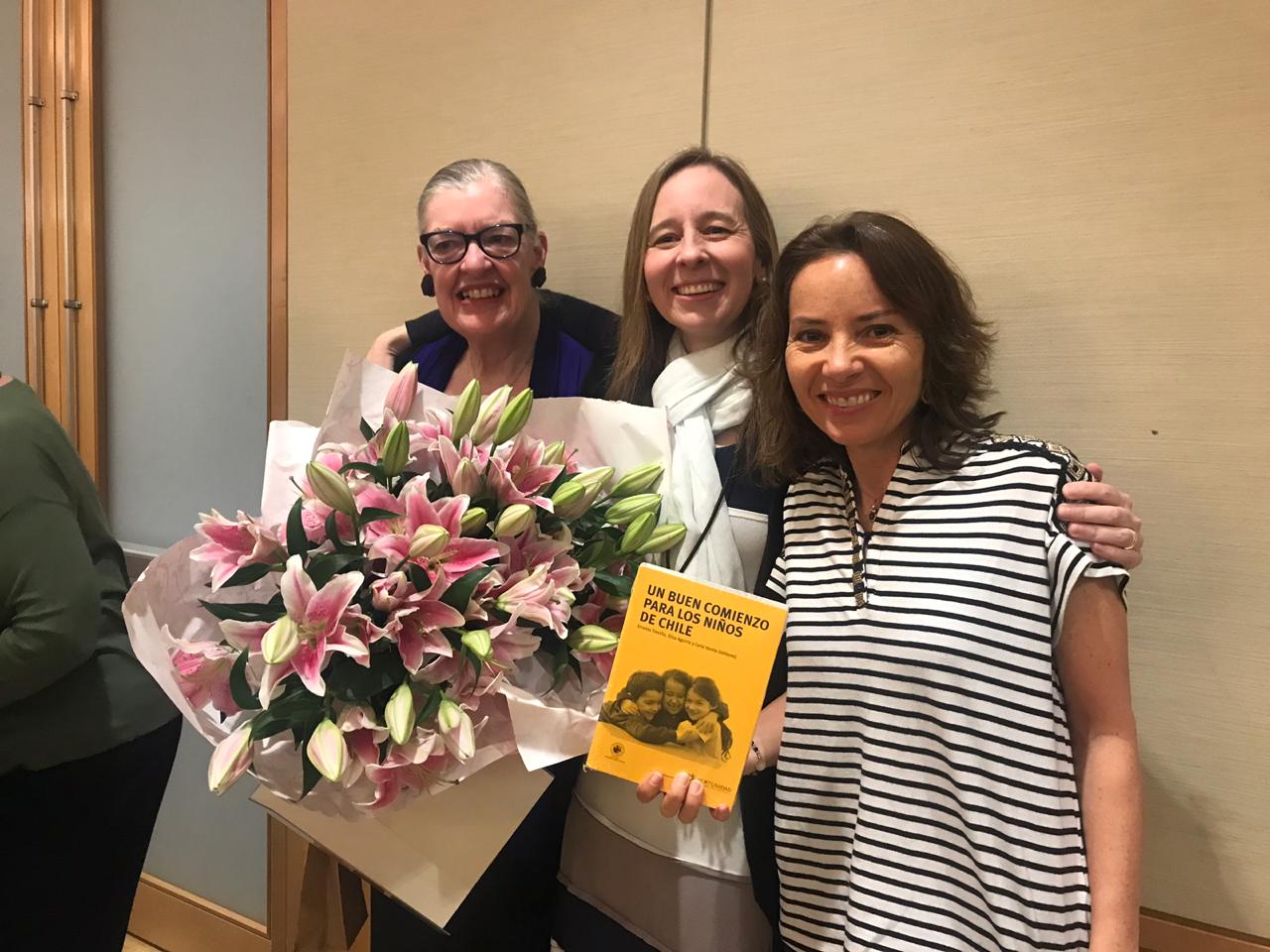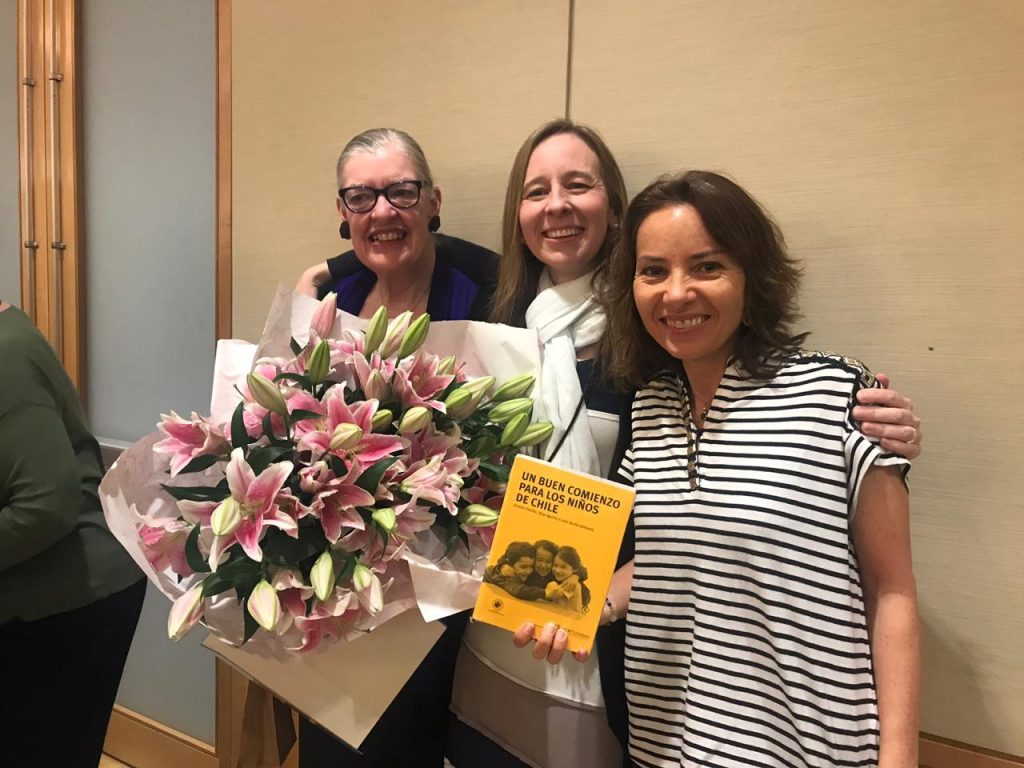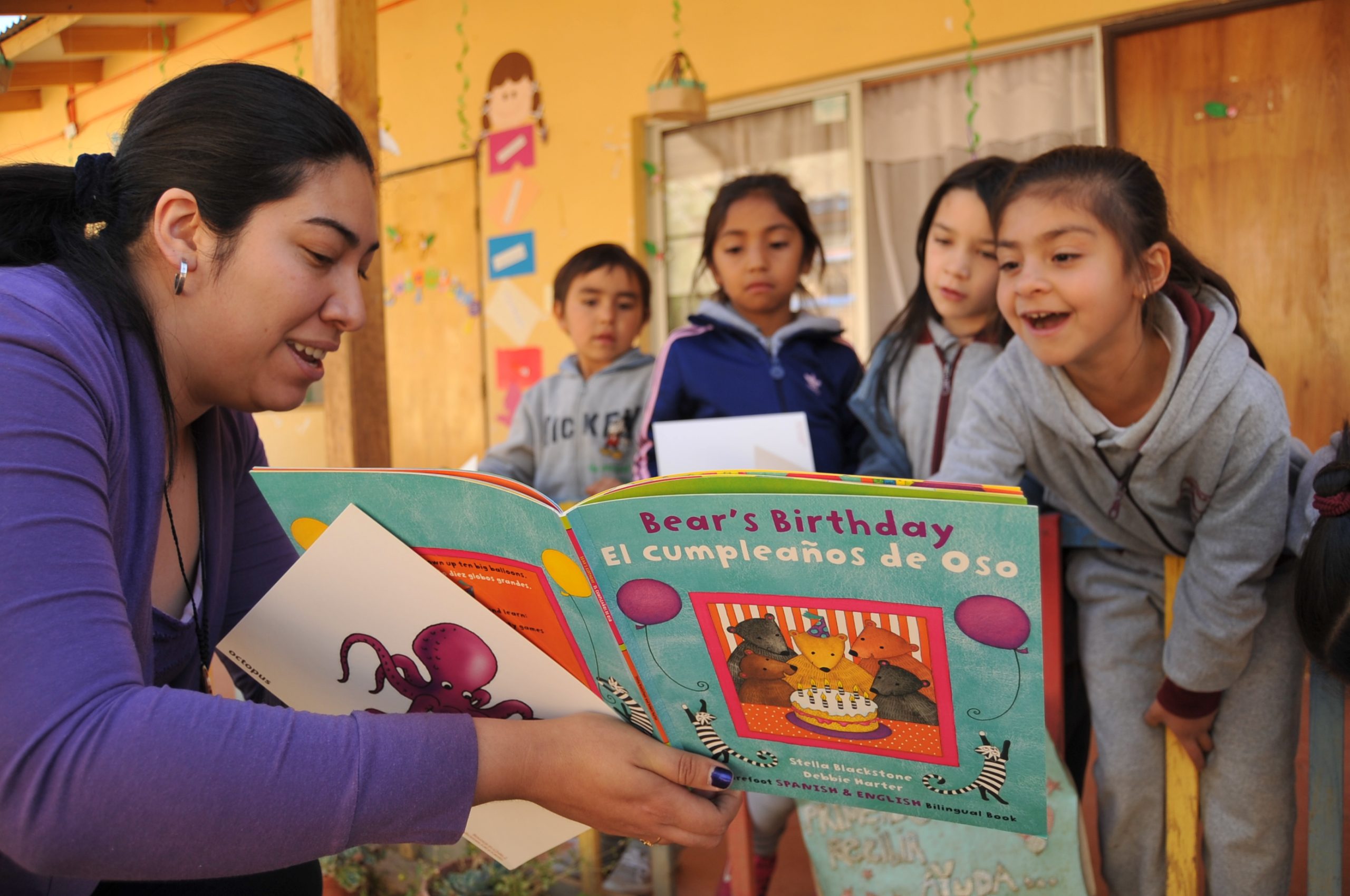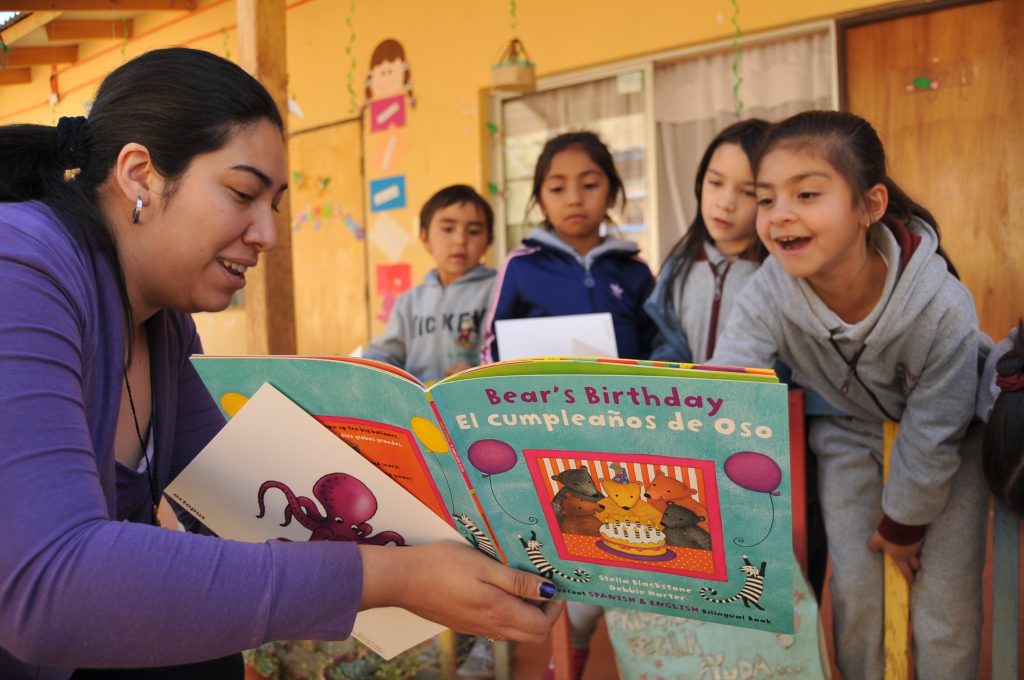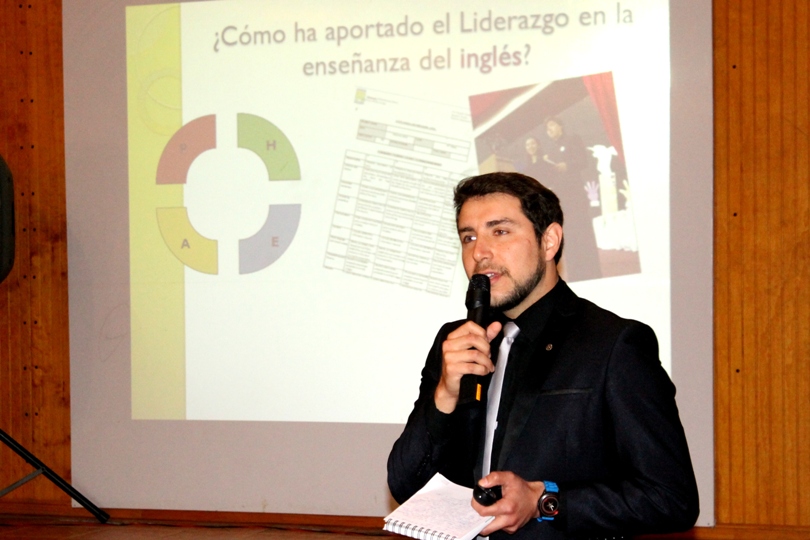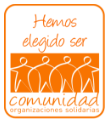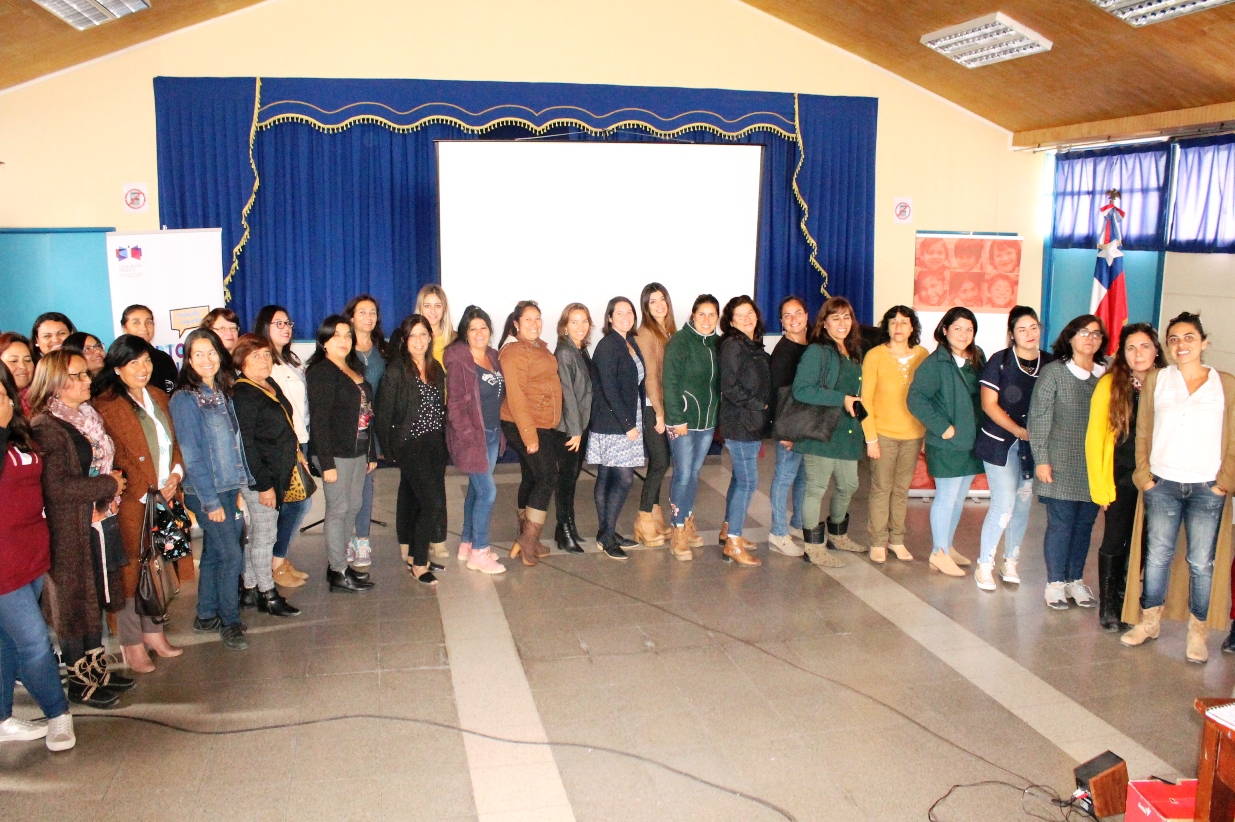
Educators from the O'Higgins Region will be part of Aprendizajes para un Buen Comienzo (Learning for a Good Start)
Fundación Educacional Oportunidad's program, carried out under an agreement with the Subsecretaría de Educación Parvularia, seeks to contribute to improving the quality of early education (prekindergarten and kindergarten) in 20 schools of the Puerto Cordillera Local Service in the Coquimbo Region, with strategies that have been successfully implemented in nearly 200 public schools in the O'Higgins and Metropolitan Regions.
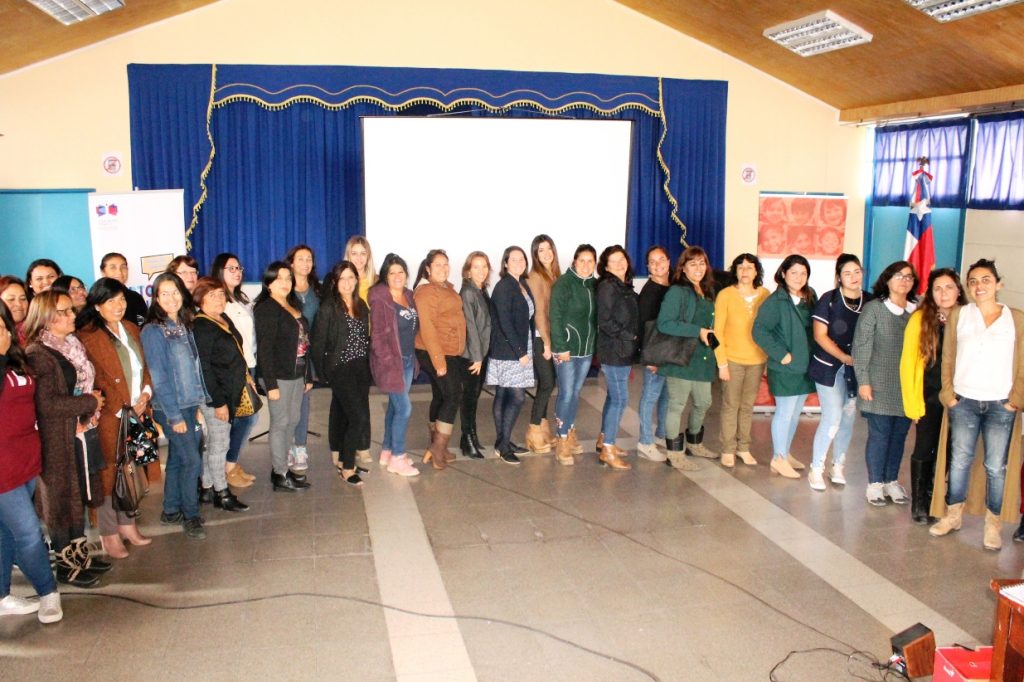
One of the objectives of the "Learning for a Good Start" program, which will be implemented this year in twenty schools of the Puerto Cordillera Local Service, is to increase the technical competencies of the different actors, promoting continuous improvement in order to contribute to improving the quality of early education.
About 130 professionals from Coquimbo and Andacollo, including kindergarten educators and technicians, management teams and local service professionals, will receive the strategies from Fundación Educacional Oportunidad, through a program developed in conjunction with the Undersecretary of Kindergarten Education.
The first training was received this week by educators and kindergarten technicians on strategies to combat non-attendance, a key aspect in terms of prevention and promotion of rights. . For Jaqueline Vega, kindergarten technician at the Luis Cruz Martínez school in Andacollo, it was a very good training and she hopes to implement it in her school, noting that "I am a technician and we are rarely invited to trainings designed for us, since in many cases they are for basic education and do not apply to the context of early education".
Meanwhile, Victoria Salazar, an educator at the Peñuelas school, highlights the training for using innovative resources, such as Súper Asistencia and the Sinforoso virus, and emphasizes networking. "We need to be trained and have codes among us, I have been working for six years in Coquimbo and I know few educators and these are the instances for early education to improve", says the educator.
The program will last one year and is expected to leave competencies installed in the territory, as a way to strengthen autonomy and the implementation of pedagogical and leadership practices for school improvement.
"Training the educators of these 20 schools allows us to deliver quality in early education, especially in NT1 and NT2, which will benefit from this program, and where emphasis is given to language, effective interactions and something as important as attendance. This agreement is a very innovative instance", says Yanina Erazo, Provincial Chief of Education.
Fundación Educacional Oportunidad has been working in the region since 2006 with its early English teaching program We Learn in the Elqui Valley and this year, in conjunction with the Undersecretary of Kindergarten Education, will implement "Learning for a good start", This program is based on the experience of 11 years of work in nearly 200 schools in the O'Higgins and Metropolitan regions with the UBC teacher professional development program, which has been identified as one of the 44 cases based on evidence from the OECD study on early education and last year was recognized by the Carnegie Foundation as an outstanding experience for the use of continuous improvement in education.
Marcela Marzolo, executive director of Fundación Educacional Oportunidad, comments that "we are happy to be able to transfer pedagogical and leadership strategies from the Good Start program that have had an impact on children's learning in other regions of the country. We are confident that this collaboration that is beginning today between the Undersecretary of Kindergarten Education and the local service of Puerto Cordillera will have important results and will benefit educational teams and directors, but above all, the kindergarten children of this region".
The joint work of the Subsecretaría de Educación Parvularia and Fundación Educacional Oportunidad not only includes early childhood education, but also the early teaching of English through a pilot plan that will be implemented for two years in the commune of Puerto Natales.

